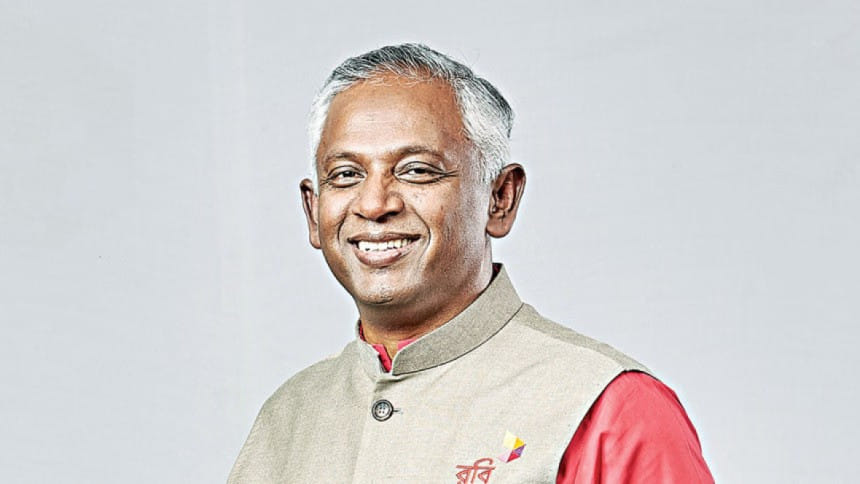The untapped power of sorry

In our country, the word "sorry" is rarer than electricity on a summer evening. Not because we do not make mistakes. We produce them in bulk. From call drops to collapsing bridges, from delayed mega projects to disappearing dollars, we are world-class exporters of errors. What we do not export, and barely use at home or in office, is the simple act of apology.
We treat an apology as if it were a dangerous chemical. Say it once, and your reputation will melt. Our leaders, CEOs and even regulators follow the same golden rule: never admit fault, only blame "technical glitches", "unexpected circumstances" or "the past government".
Research, including the Harvard Business Review article "Sometimes Apologies Can Be Good for the Bottom Line" by Laura De Kerpel, Anneleen Van Kerckhove and Tina Tessitore, shows that apologies can be profitable. Instead of insisting "We all gave our best effort" at a crisis press conference, imagine saying: We are sorry. We messed up. Here is how we will fix it.
According to the research, apologies restore trust and reduce customer anger, which in turn cuts churn. A sincere apology builds loyalty, strengthens relationships and minimises reputational damage. In the long run, mistakes can even become opportunities for renewed engagement.
To err is natural, to admit is cultural, and to improve is transformational. Progress is not about pretending to be flawless but about the honesty to confess and the courage to correct. Yet in our society, "sorry" has its own hierarchy. We apologise upwards to bosses, superiors and the powerful. But to a liftman, a security guard, a cleaner, or a fellow citizen, humility mysteriously vanishes. Real culture is measured not by how politely we bow to authority but by how sincerely we respect those with less power yet equal dignity.
Take the Bangladesh Bank heist. Eighty-one million dollars vanished like smoke. The official explanation? Hackers, glitches, foreigners. Everything except a plain apology. Depositors were safe, yes, but it was our central reserves, the people's reserves. Imagine if the governor had said: "We are sorry. Our security was fragile. We will fix it." Anger would still come, but it would be mixed with respect.
Look at our beloved telcos. Call drops are so routine that many of us treat them as background noise. Yet instead of admitting the problem, they roll out ads for shiny 4.5G or 4G++ networks. What if one operator simply said: "Sorry bhai, our signal goes on silent mode sometimes. Here is a free data pack." That honesty would win more goodwill than a hundred billboard campaigns. Occasionally they do apologise, but only when regulators force them.
And then there are politicians, the Everest of unapologetic species. Can you imagine one saying: "Sorry for the potholes. We will fix them before the next rain." The entire country would faint first, then probably vote for him next. Instead, denial remains the preferred policy.
The irony is that Bangladeshis are known for their emotional nature. We forgive and forget easily. We cry over cricket, hug after fights, and forgive neighbours who block our gate. A sincere apology would strike straight into that emotional core. It would not erase mistakes, but it would buy trust. And trust, unlike excuses, compounds over time.
The problem is we confuse apology with weakness. In truth, it is the cheapest currency to earn loyalty. One "sorry" can save millions in PR campaigns. Swallowing pride is not our national habit. Shouting, blaming and deflecting are.
The writer is the president of the Institute of Cost and Management Accountants of Bangladesh and founder of BuildCon Consultancies Ltd.

 For all latest news, follow The Daily Star's Google News channel.
For all latest news, follow The Daily Star's Google News channel. 



Comments